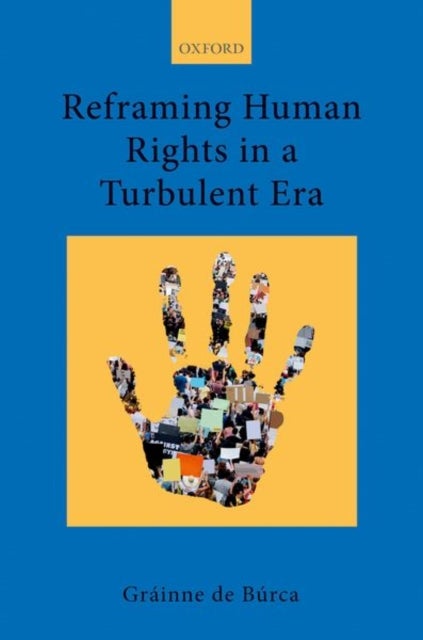
Reframing Human Rights in a Turbulent Era av Grainne (Florence Ellinwood Allen Professor of Law Florence Ellinwood Allen Professor of Law New York Uni
589,-
In recent years, human rights have come under fire, with the rise of political illiberalism and the coming to power of populist authoritarian leaders in many parts of the world who contest and dismiss the idea of human rights. More surprisingly, scholars and public intellectuals, from both the progressive and the conservative side of the political spectrum, have also been deeply critical, dismissing human rights as flawed, inadequate, hegemonic, or overreaching.While acknowledging some of the shortcomings, this book presents an experimentalist account of international human rights law and practice and argues that the human rights movement remains a powerful and appealing one with widespread traction in many parts of the globe. Using three case studies to illuminate the importance and vibrancy of the movement around the world, the book argues that its potency and legitimacy rest on three main pillars: First, it is based on a deeply-rooted and widely appealing moral discourse that integr








